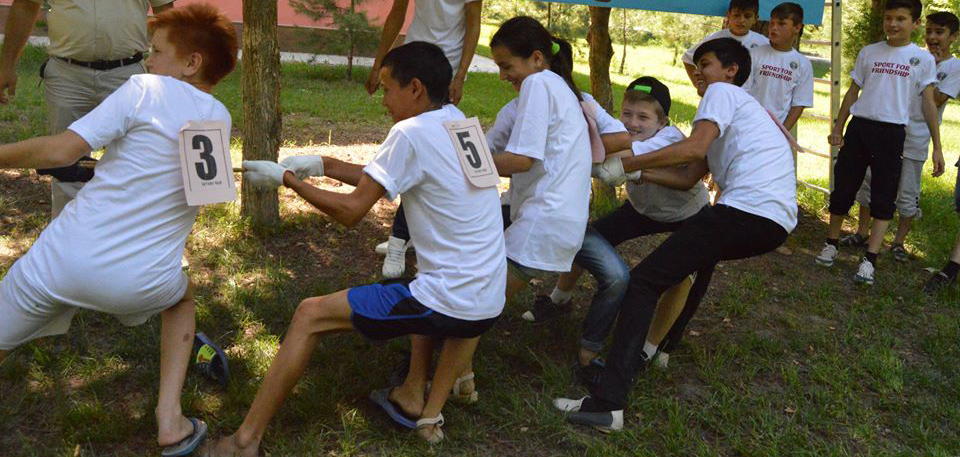Here at proposalsforNGOs, we try to make proposal writing sound easy. Fortunately, proposal writing can be easy!
It takes time and practice, but we firmly believe that anyone who comes to our site can become proposal-writing masters.
However, there are some challenges outside of the proposal itself that may prevent someone from even beginning. This article will go over these challenges of fundraising and share tips for overcoming them.
Planning
Planning a project plan and proposal takes a lot of time and effort. So make sure you save and share your past work so your effort does not go to waste. Some proposals may not have been accepted, or maybe you never actually submitted them, but that does not mean they are useless. Most proposal writers prefer to start working from an old proposal even if they plan on changing everything. Starting with an existing document to modify is often less stressful than starting completely from scratch.
Save all of your old proposal drafts, failures, and successes as editable files for future use. Make sure they are cleared labeled and organized as well as stored in a place everyone fundraising in your organization has access to. Also, remember you are not alone. There are plenty of people both inside and outside your organization who could help you brainstorm and plan your proposal!
Fear of rejection
It is normal to fear rejection. It is also quite likely you will be rejected at times. Even professional fundraisers face rejection on a regular basis. However, do not let this stop you from applying in the first place. If you never apply you will never win.
Remember that rejection is never personal. Very rarely do donors reject applications because they do not like the NGO or the project. Most of the time, donors reject proposals because they did not follow the application rules, are outside the donors’ sector, or the donor ran out of funding. You can also check out these tips for why proposals fail.
Even if your proposal is rejected, there are still many steps you can take to increase your chances for next time. Always try to continue the relationship with the donor. Send them a thank-you letter and keep on trying!
Deadlines
Most NGOs seem to hate deadlines. However, deadlines are essential for successful fundraising! It is quite common for NGOs to view fundraising and proposal writing as something to do ‘when there is time.’ Of course, NGOs are usually busy with projects and meetings so there is rarely free time available. Having deadlines forces NGOs to plan ahead and stop putting things off for later.
Of course, even the best fundraisers have missed a deadline or two (or more). While this is an unfortunate missed opportunity, it is not the end of the world. Most donors with competitive application processes re-open their opportunities every quarter or every year. Your NGO will still need funding again in the future. So, mark these opportunities in your calendar for next year and check the donor’s website regularly for updates.
Ideas to words
Sometimes, the hardest part about proposal writing is not getting the formatting or details right. It is the writing itself. How do you describe the importance of your project in just a one-page concept note? How can you take all of the emotional challenges your beneficiaries and partners have overcome and put it in writing?
Unfortunately, there is no quick solution to this problem. The best way is to just practice. As your writing skills improve, this will become a natural process and no longer an issue. Fortunately, this is a problem faced by all writers, not just proposal writers. There are plenty of resources online such as these for better expressing your ideas and writing practice.

